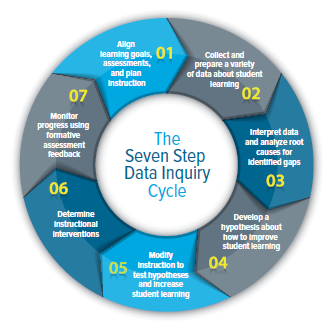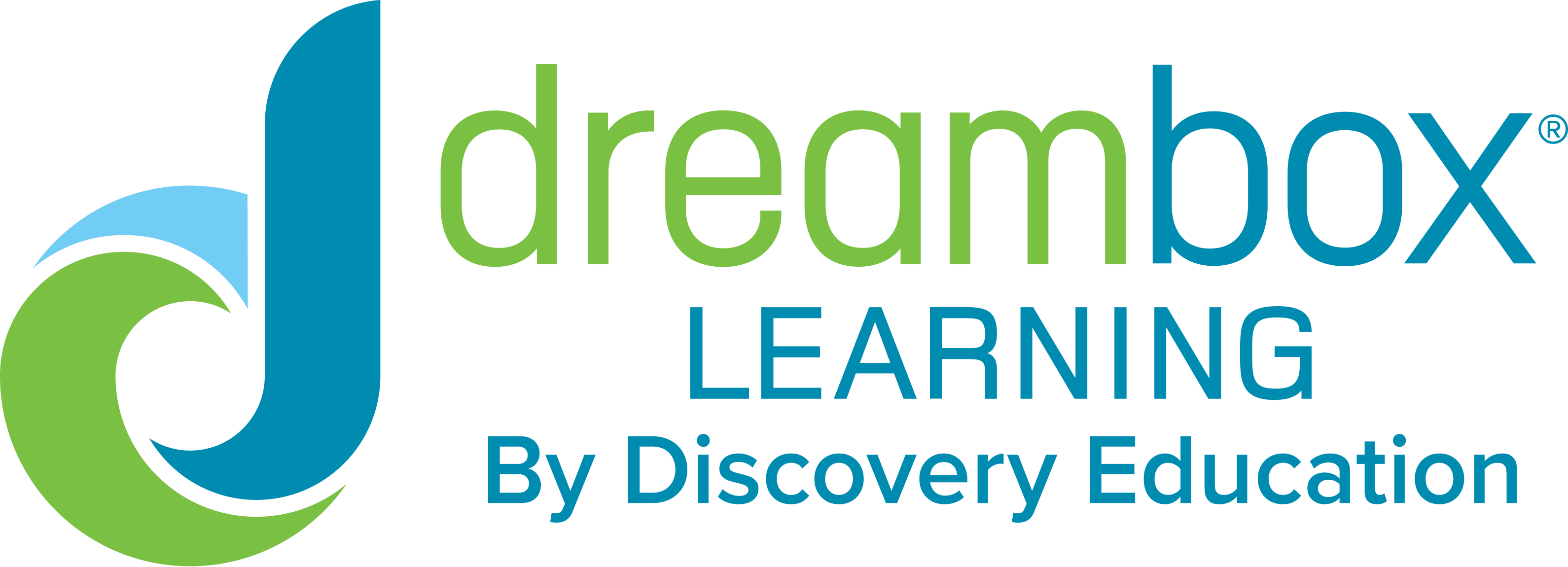Want to use data to drive math personalization and success for your teachers and students?
If you’re an administrator, you know that now more than ever, schools and teachers need credible evidence to provide direction to help them solve pressing student learning problems and keep making the decisions that move both educators and learners forward in their mathematics achievement.
Sharnell S. Jackson, President of Data-Driven Innovations Consulting, Inc., provides the continuous improvement frameworks and best practices in her white paper that will have you Using Actionable Data to Personalize Math Learning for the results you want and need this school year by learning how to:

Enculturate data for continuous improvement in math teaching and learning
Enculturation is based on the notion that inquiry is an essential component of professional practices, with a goal of sharing a mutual vision and understanding of objectives and strategies. The creation of a data-driven culture means that educators will assume internal responsibility for data use, and employ collaborative inquiry for continuous improvement. Learn about the six-step school data enculturation process best practices that will lift both math teachers and learners to new levels of achievement.
Garner actionable insights to personalize math learning for great results
Making actionable data central to the way you structure teams and will help you build a foundation by first understanding school needs, identifying how to apply data to the problems you’ve identified, verify, facilitate, and then implement data to create solutions.
Use Professional Development for data literacy that leads to actionable insights
It simply makes sense to use the power of data coupled with adaptive tools to achieve what parents and educators want: continuous improvement to build successful mathematics learners. But using them in a meaningful way takes professional development and teamwork to make data-use consistent and effective.
Make powerful use of data at the school level
As data use becomes enculturated into a school, two issues dominate. The first concerns the kinds of data that educators want to use and have available. The second is the skill set that is required as part of the inquiry cycle of data use. The data analysis inquiry process outlined in the paper reveals patterns, trends, and opportunities for student learning and school growth.
Bring data-driven instruction to a more personalized learning classroom
Once data-driven decision making, teamwork, and logical inquiry permeate your culture, math teachers are then empowered in the classroom to adopt a systematic process for using common schoolwide and in-class formative assessment data to inform teaching decisions and deeply personalize instruction in ways that have never been possible before.
Learn to meet increasingly stringent accountability standards, personalize, and accelerate student math achievement with
- Optimal frameworks for data-driven environments
- Evidence-based processes that work at the district, school, and classroom level
- Best practices for continuous improvement at scale
@DreamBox_Learn










